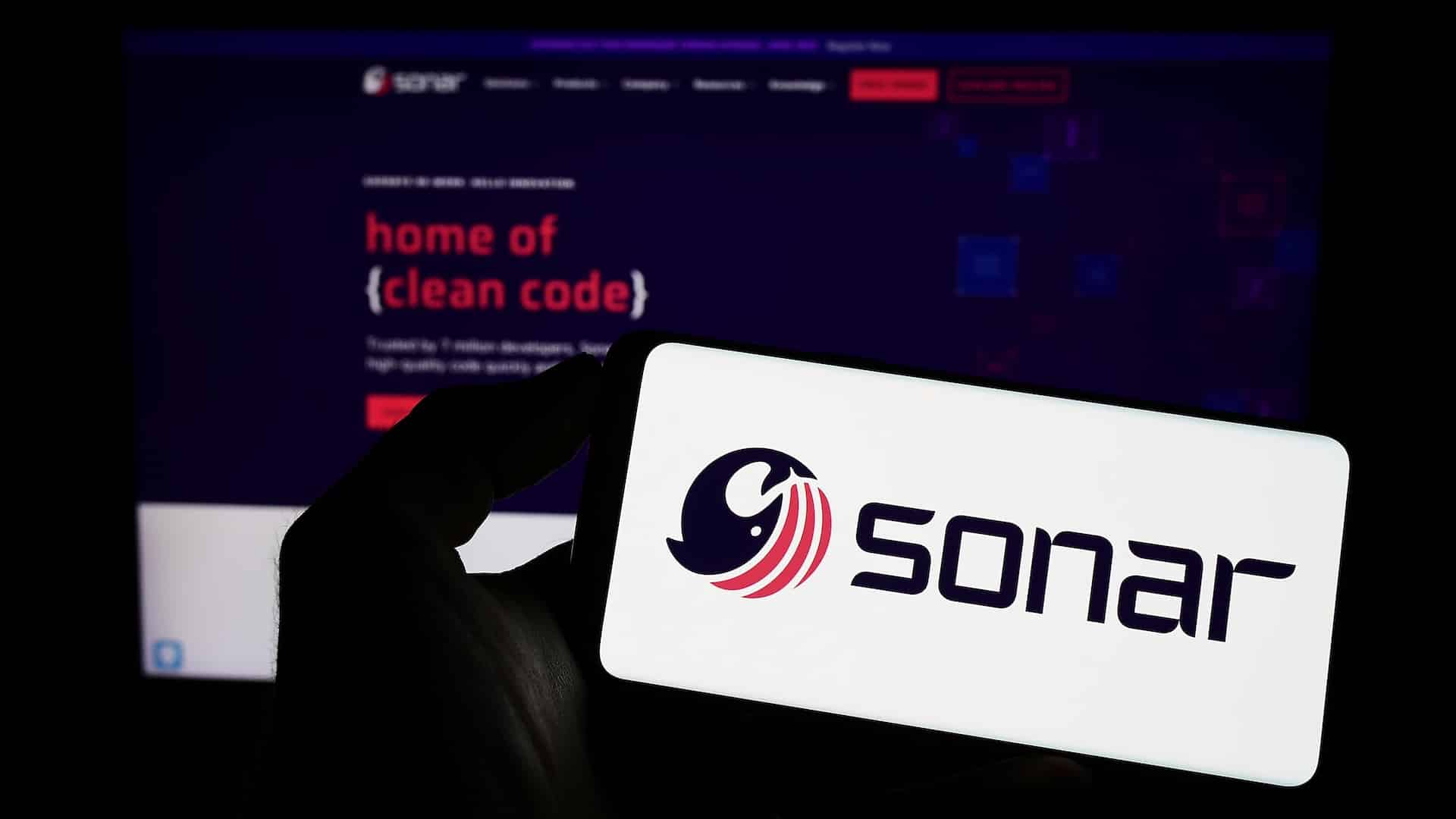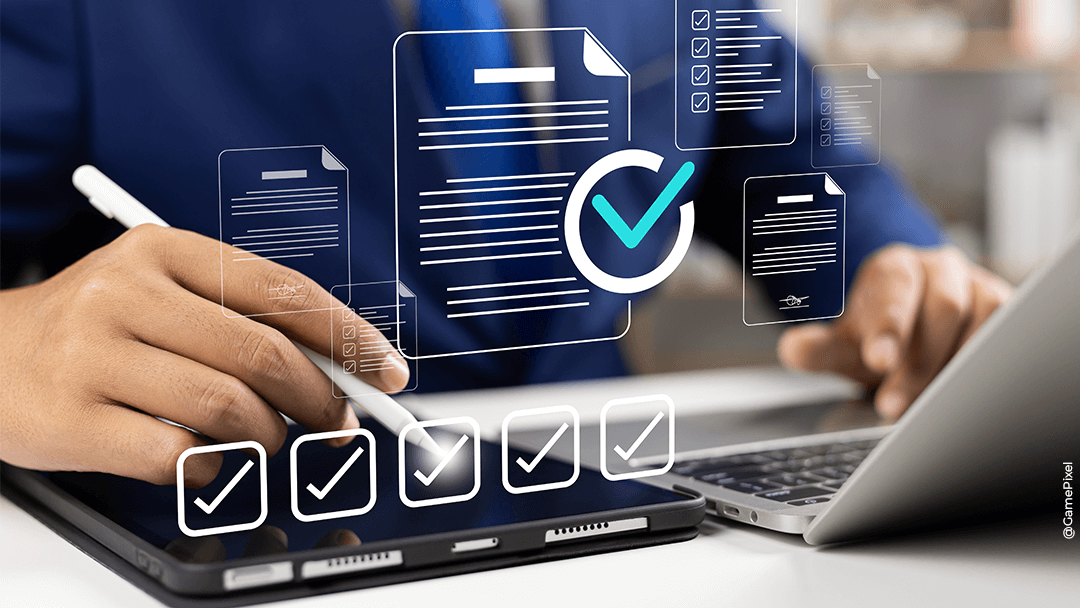Audits enable us to analyze the IT infrastructure of any company, whatever its size. With the increase in cyber-attacks in recent times, it’s important to anticipate and identify vulnerabilities in your hardware, software and data systems. Auditing is a key and crucial step in identifying vulnerable areas at risk.
What is an IT security audit?
An IT security audit is an in-depth analysis of an organization’s security systems, policies and practices. The end goal? To detect whether the company is facing any potential security vulnerabilities, assess the risks associated with these vulnerabilities, identify corrective measures and propose solutions to improve and reinforce protection. This audit can be carried out in-house by a dedicated team, or by an external service provider.
The three pillars of IT security
IT security is based on three essential principles, commonly referred to as the “security triptych”: confidentiality, integrity and availability of data.
Privacy
The main aim of confidentiality is to ensure that sensitive information remains exclusive to those who have been granted access. A security audit assesses the access control measures and encryption protocols implemented in order to protect this data from unauthorized access.
Integrity
Integrity concerns the accuracy and reliability of data. It ensures that information is not altered in an unauthorized or accidental way. During the audit, backup systems and tamper detection mechanisms are scrutinized, so as to ensure that data remains intact.
Availability
Availability means that data and systems are accessible to authorized users whenever they need them. The audit assesses the effectiveness of redundancy measures, disaster recovery plans and system resilience, in order to reduce the likelihood of service interruptions. Implementing a resilient organization and being well prepared will enable organizations to cope with the unexpected and minimize service interruptions in the event of a crisis on the big day.
The benefits of an IT security audit
An IT audit assesses a company’s IT system and the level of control over the risks associated with its IT activities.
Carrying out an IT security audit offers many advantages for a company. It helps identify weaknesses before they are exploited by cybercriminals, ensures compliance with the current regulations and protects the company’s reputation. What’s more, it offers practical suggestions on how to improve the overall security of your IT infrastructure.

In short, an IT audit is a control tool that ensures the organization is satisfying 3 criteria:
- Legal (legal compliance)
- Reliability of financial information
- Optimizing operations
Is an IT security audit compulsory?
In certain sectors and areas, security audits are required by local or sector-specific regulations, such as the General Data Protection Regulation (GDPR) in Europe. Although not mandatory, carrying out regular audits is strongly recommended, so as to ensure the highest level of protection for sensitive data.
Which companies benefit from an IT security audit?
Whatever their size or sector of activity, all companies can benefit from carrying out an information security audit. Organizations that handle confidential data, such as personal information or financial records, are considerably affected. Small businesses, like large corporations, need to take steps to protect their data against cyber threats.
How much does an IT security audit cost?
The price of an IT security audit can vary depending on a number of factors:
- Company size,
- The complexity of the IT infrastructure and
- The level of detail required for the audit.
The cost can vary from a few thousand Swiss francs to tens of thousands. It can be a necessary investment, to protect your business from potentially devastating financial loss in the event of a data breach.
Is it possible to carry out an IT security audit in-house?
It is possible to carry out an internal security audit, provided the company has the required expertise and resources. That being said, using an external service provider means you will get an objective point of view, and they generally have more specialized knowledge. An external audit also enables you to obtain a complete and impartial assessment.
What should you do after an IT security audit
Following an audit, it is essential to implement the suggestions made in the audit report. This may involve remedying the vulnerabilities identified, revising security policies and improving data protection systems. Ongoing monitoring is necessary, in order to ensure that the measures implemented remain effective in the face of emerging threats.
How can you choose the right service provider for an IT security audit?
Selecting the right provider for a security audit is a crucial step in the process. When looking for a company, it’s crucial to prioritize the ones with a proven track record and credible references in your specific sector. It’s crucial to check that the provider has a reliable audit methodology and can offer customized solutions that match your company’s unique requirements.
Selecting a reputable supplier for a security audit is essential if you are to guarantee the reliability and security of your infrastructure. Here are some important factors to consider:
Expertise: skills and knowledge
– Technical skills: make sure that the service provider has in-depth expertise in the specific areas of security you wish to audit (networks, web applications, information systems, etc.).
– Industry experience: it’s best to choose a service provider who has already worked in your sector, as they’ll have a better understanding of your specific issues.
Accreditation and recognition
– Certifications: check that the service provider has recognized IT security certifications, such as cissp, cisa, ceh, iso 27001, etc.
– Accreditation: accreditation from reputable organizations can serve as a guarantee of quality (e.g. crest, anssi in France).
Reputation and references
Read reviews and testimonials from previous customers to ensure quality. A solid reputation in the industry is usually associated with the provision of high-quality work.
Research process and methodological approach
– Methodology: the service provider must have a clear and structured methodological approach to the audit, based on recognized standards (e.g. owasp for web applications).
– Transparency: ensure that the methodology is transparent and that the service provider is prepared to explain each step in the process to you.
Audit report: performance assessment
- Report quality: the final report must be clear, detailed and comprehensible to non-specialists, while providing precise, usable recommendations.
Rules and compliance
– Compliance: make sure that the supplier is aware of, and complies with, local and international regulations on security and data protection (e.g., those concerning the protection of personal data).
– Confidentiality commitment: the service provider must sign confidentiality agreements to protect your sensitive information.
Cost-benefit analysis
– Cost transparency: the cost must be justified by the value and quality of the service provided. Beware of suppliers who advertise unusually low prices.
Adaptability
- Flexibility: the service provider must understand the culture of your infrastructure and be able to constantly adapt to its particularities. The audit will need to take a number of criteria into account, such as size, specific needs, etc. The last thing you want is for the auditor to apply a generic model.
Communication and customer relations
– Communication: a good service provider must maintain fluid, regular communication, keeping you informed at every stage of the process.
– Proximity: if possible, choose a service provider with a local presence or the ability to intervene quickly if necessary.
Emergency response capability
– Responsiveness: In the event of a security incident detected during the audit, the service provider must be able to react quickly so as to limit the damage.
– Emergency service: some providers offer emergency services or rapid response in the event of a crisis.
Qim info's IT security audit services
IT security expert Qim info offers audit services tailored to the specific needs of each company. Our audits cover all aspects of IT security, from risk assessment to the implementation of recommendations. Trust Qim info to protect your data and strengthen the resilience of your IT infrastructure.
Discover our IT Operations & Support Services department
Ensure the management and efficiency of your IT environment







